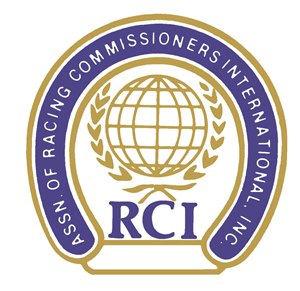McConnell Bill Authorizes Strict Control of Medications


The federally sanctioned authority empowered by newly proposed legislation by Kentucky Senator Mitch McConnell will be able to impose strict controls on the use of any therapeutic medications administered to a “covered horse”, effectively setting the stage for a program that could require a veterinarian to receive prior permission before treating the horse with a prescription medication.
Such a system, if implemented, would parallel the “therapeutic use exemption” program in human sport. Under the requirements of the World Anti-Doping Agency code, advance permission must be obtained before a controlled substance is administered to an athlete in training or competition.
Unlike human sport, it is not expected that the new Authority would depart from current ARCI Model Rules or IFHA standards that prohibit such drugs to be present in the horse when it races.
But S.4547 does give the new Authority powers to control all substances administered to horses under its jurisdiction. Under the proposal, a “covered horse” comes under the jurisdiction of the new Authority after its first timed workout at a racetrack.
The analysis finds that the new Authority could, for the first time, put in place a system to control what some believe is the overuse of certain drugs in the care and preparation of horses intended to race. Whether it will actually do so, the timing of such a change, or how it would work is not yet known.
Given the number of racehorses potentially regulated by the new Authority such a program would require additional resources than what is currently available in the regulatory network in order to review such applications.
State Racing Commissions are not authorized to regulate the practice of veterinary medicine. There has, however, been a trend within the ARCI and the RMTC to require commission notification of certain treatments and in some limited circumstances advance approval. Current regulatory policy relies largely on the ability of a commission to exclude a horse from competition. In some jurisdictions legal and liability concerns have affected the extent of the changes that could be done.
In July 2019, the ARCI proposed a private regulatory scheme using existing breed registry authority to require submission of all veterinary treatment records, including the diagnosis required for treatments, of all intended racehorses from birth forward, These records would be electronically reviewed to “red flag’ horses in need of greater monitoring in order to help regulatory veterinarians assess whether a horse is high risk and should be excluded from competition.
As S.4547 has a greater focus on anti-doping, it does not require such a system. The bill does effectively put the actual horse under the regulatory authority of the new Authority at a uniform and consistent point in its career, eliminating inconsistencies that currently exist in state-based statutes and rules.
It remains unclear whether the Authority will require the submission of all veterinary records or will fall short of what the ARCI had asked the Jockey Club to require in 2019.
